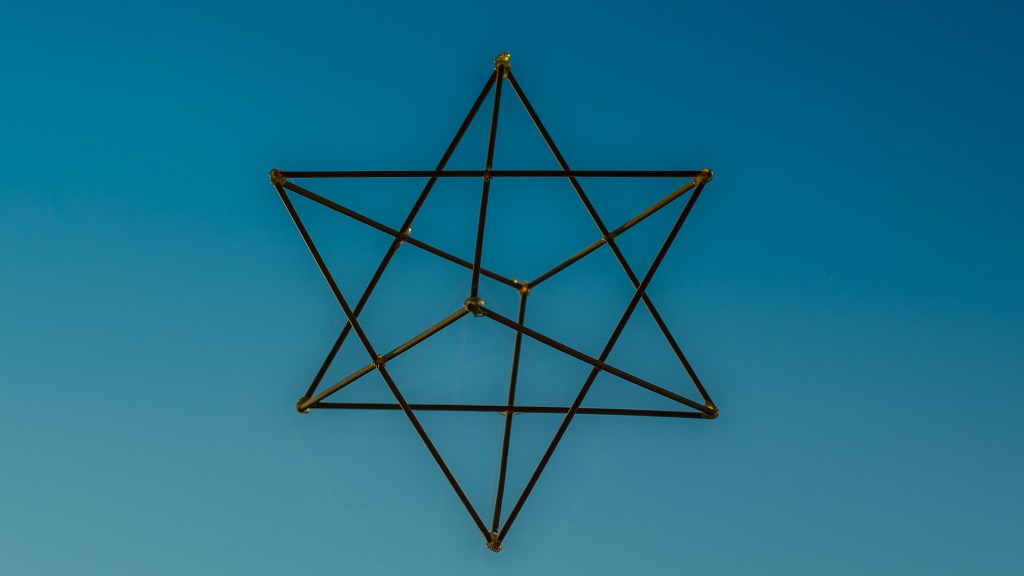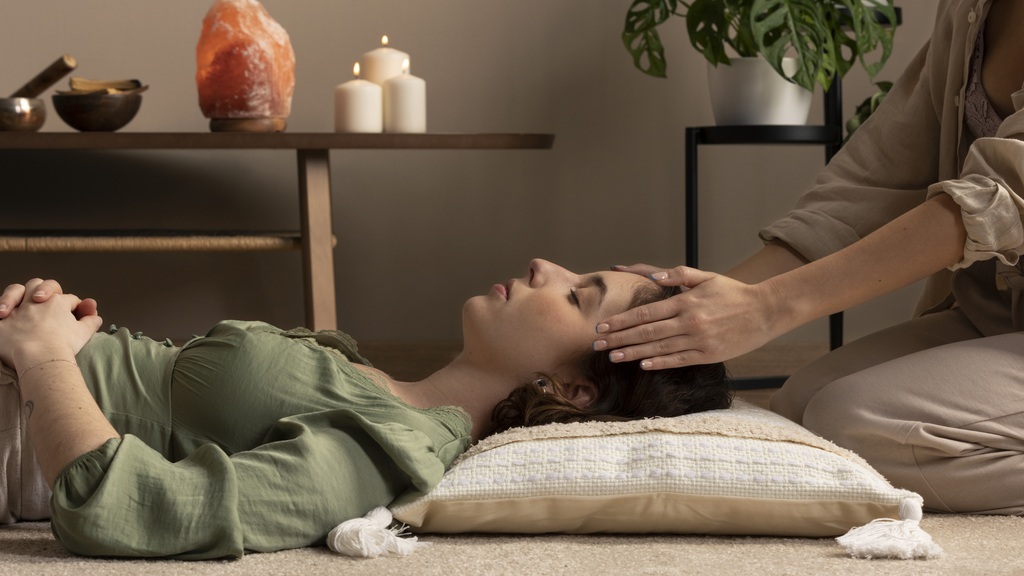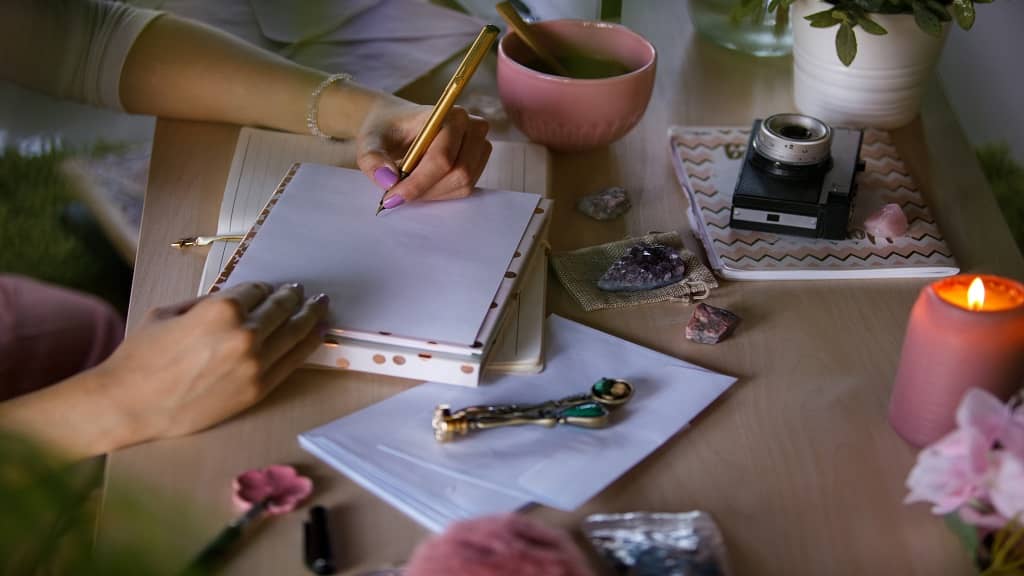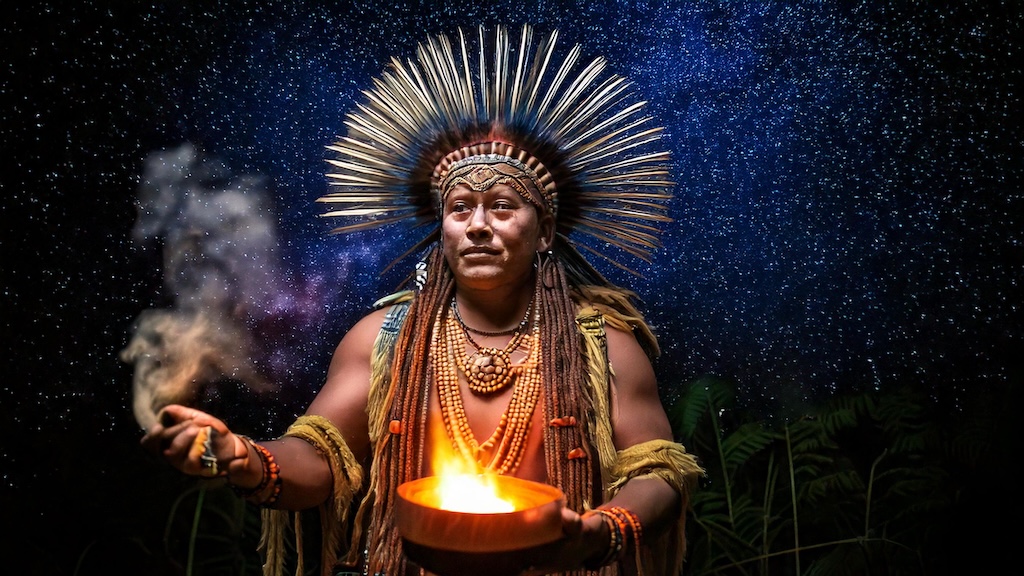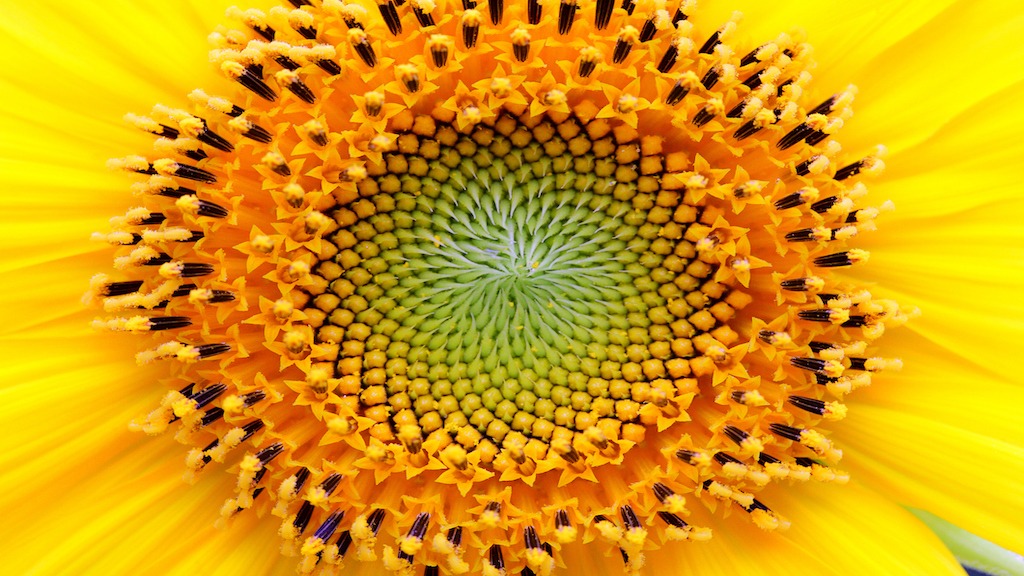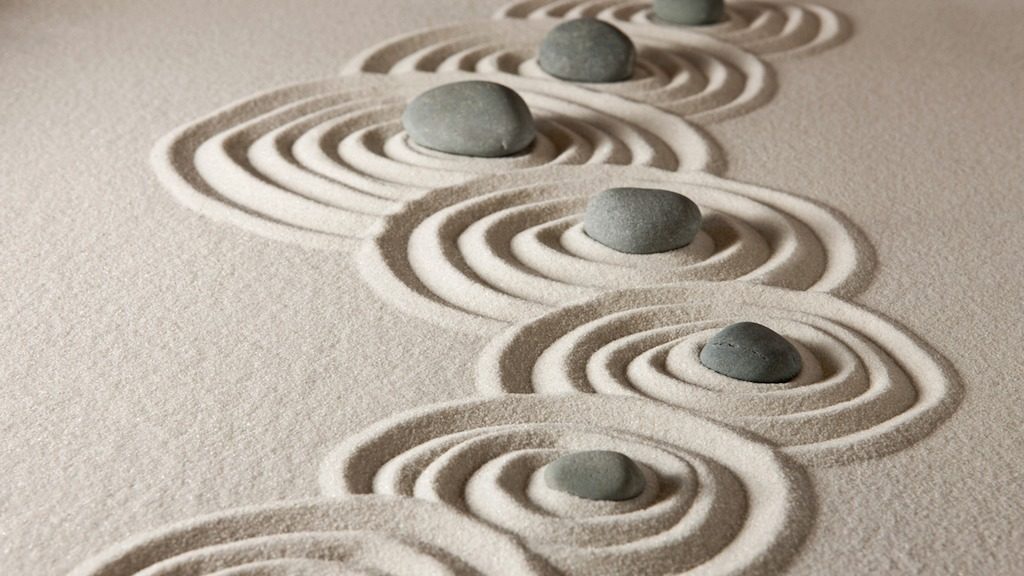Latest Articles: Explore What’s New on Gaia
Our best articles, delivered weekly.
Join our email list & we’ll send you free videos, articles, and exclusive offers.
Testing message will be here
✕
Log In
Forgot Password
Link Sent!
Log In
A 6-digit code was sent to
Code expired, send again
wrong code, try again
Unknown error. Please contact support.
Didn’t get a code?
Send again
or
Sign up with a password instead
We use cookies and similar technologies to run this website and help us make recommendations for you. See our Privacy Policy here.


